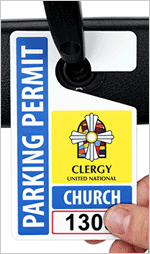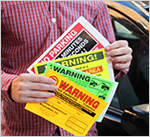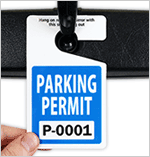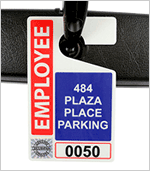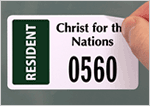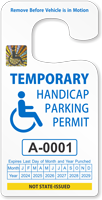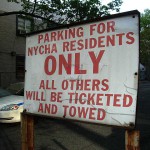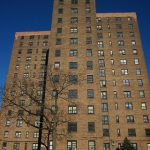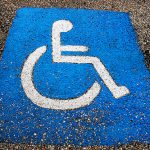NYCHA parking problems hurt disabled residents
A news story from NY1 provides an interesting look into problems with handicapped parking permits arising from the New York City Housing Authority’s – or NYCHA’s – recent partnership with Greystone Parking Services.
As of April 2013, NYCHA has entrusted Greystone with the duty to “oversee the permit issuance process and the enforcement of parking rules and regulations at all of NYCHA’s parking facilities.” Despite high hopes from the city, this transition has been a clear failure, with Greystone under fire from NYCHA residents and local officials for issues with enforcement and administrative lag to accompany a more than fourfold increase in annual parking prices.
For most residents, NYCHA and Greystone’s inefficacy and red tape is simply an issue of inconvenience, annoyance, and frustration. But for residents like Rosabel Parra, the subject of the NY1 piece, NYCHA’s failures are also a matter of health and wellness.
Parra, a wheelchair-bound resident of the Fulton Houses in Manhattan’s Chelsea neighborhood, initially applied for a handicapped parking permit over a year ago. In June, she finally received a letter assigning her to a spot in front of her building, pending an application and payment of the annual parking fee. A month later, Parra had yet to hear a final approval, so she went to management and was told that no more parking permits would be granted due to orders from NYCHA. Later that day, however, she received a phone call that told her that the spot would be granted to her and that the permit was in the mail. As of August 13 she had yet to receive her permit.
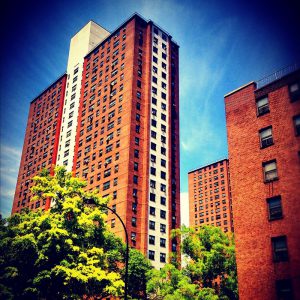
The Fulton Houses, a housing project in Chelsea. via JasonParis.
When Greystone took over, annual prices for senior and handicapped parking spots jumped from $60 to $272. Non-residents who pay for parking, like Parra, saw their annual rates rise from $150 to $650. And Parra isn’t alone. Many citizens have paid these jacked-up new rates, but have yet to receive their parking permits, as reported in a recent Queens Chronicle article.
Some see NYCHA’s partnership with Greystone as a convenient way for both organizations to avoid accountability. As former Assemblyman Rory Lancman said, “By outsourcing to Greystone, if a tenant has a problem, Greystone points the finger at NYCHA and NYCHA points the finger at Greystone. The tenants don’t know who to go to.”
Parking in New York is difficult and expensive enough without the red tape added in by the NYCHA-Greystone partnership. For handicapped New Yorkers with cars, the costs of parking are not just monetary.
For able-bodied drivers, parking in a ramp a few blocks away from home is inconvenient, but usually doable without much strain. But handicapped permits exist to provide accessible parking within a reasonable distance of a building’s entryway, and in a city like New York, parking a few blocks away from home might not be a viable option without causing injury or fatigue from the trip home. Without access to handicapped parking spaces in front of their buildings, handicapped New Yorkers are much worse off.
NYCHA would do well to reconsider their partnership with Greystone and take responsibility for their own inefficacy in providing reasonable service for their rule-abiding residents. It shouldn’t take two months and a media exposé to get a wheelchair-bound woman access to a parking spot that had already been promised to her.
Related Posts
Category: Parking management

